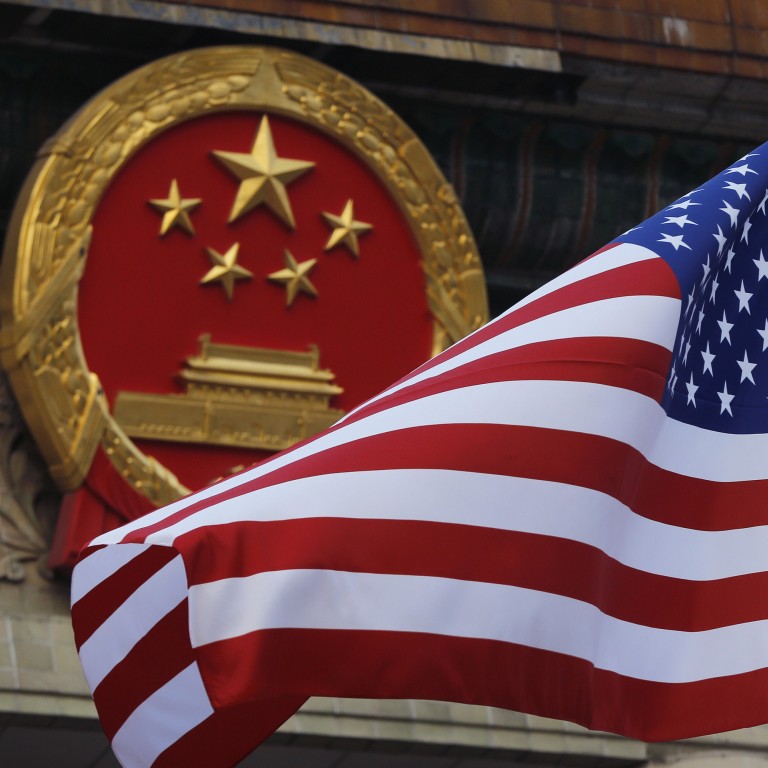
China looks to Amcham Shanghai to lobby against US tariffs
- Deputy foreign minister Xie Feng calls on American business leaders to ‘exert active influence’ on Washington to end trade war
- Xie stresses need for greater cooperation between China and US, plays up Beijing’s reform efforts according to foreign ministry statement
China’s expat tax reform could see more than a third of American firms leave Shanghai, AmCham says
According to a statement released on Sunday by China’s foreign ministry, Xie stressed the need for greater cooperation between China and the US, likening competition between the major powers to a “track and field competition rather than a gladiator duel to the death”.
“US businesses are stakeholders in cooperation between China and the US,” he said. “We hope that everyone will exert active influence to push the US government to cancel its tariffs on China, to stop its ‘decoupling’ efforts, and to stop unreasonably suppressing Chinese businesses, providing a fair, just and non-discriminatory environment for Chinese businesses in the US.”
Xie also played up China’s reform efforts, including its dual circulation strategy – which aims to reduce economic reliance on overseas demand to keep its vast manufacturing apparatus running – and plans for a more “market-oriented, legally-based and internationalised business environment”.
The US business community in China has long shared its concerns over unfair market access, state subsidies to domestic firms, and intellectual property theft – all sticking points used by Washington to justify tariffs on Chinese goods.
“Mobility is a key issue for companies and there are a number of choke points connected to Covid-19 that have limited mobility including travel restrictions, vaccines and quarantines. They appreciated the Chinese government’s efforts in managing Covid-19 and hoped that more can be done to address these choke points and allow for more mobility,” a statement from the business group said.
Coronavirus, US-China trade war see 95 per cent of American firms wanting to ditch Chinese suppliers
According to an earlier statement from AmCham Shanghai, Gibbs also met on Thursday with Zhang Shaogang, vice-chairman of the China Council for the Promotion of International Trade (CCPIT) – a national agency for foreign trade and investment – to discuss US-China economic and trade relations and Covid-19 policies.
While Biden’s team has characterised the relationship as involving “confrontation, competition and cooperation”, Beijing has been keen to play up areas for cooperation instead. But tensions have played out even on global issues such as climate change, with China declining to announce new commitments at Biden’s climate summit last week and Chinese President Xi Jinping saying developed countries were the ones needing to take further action.

